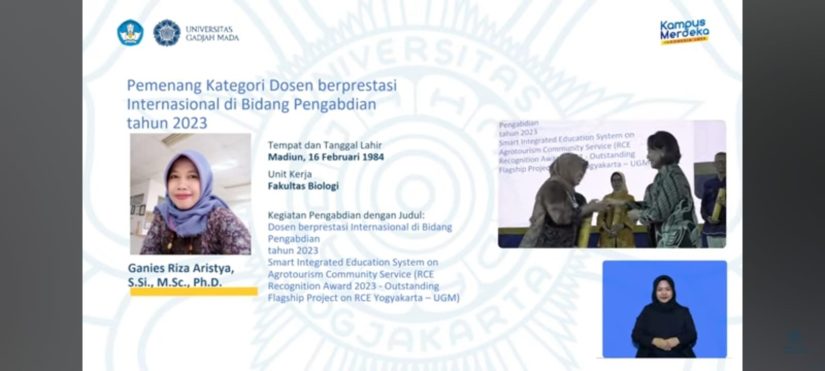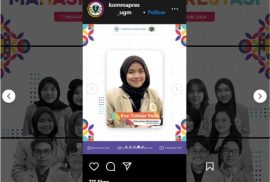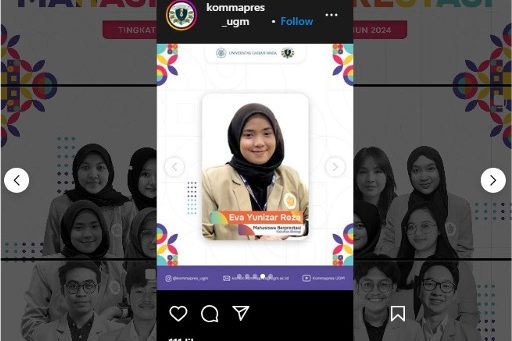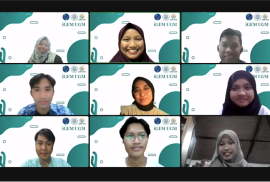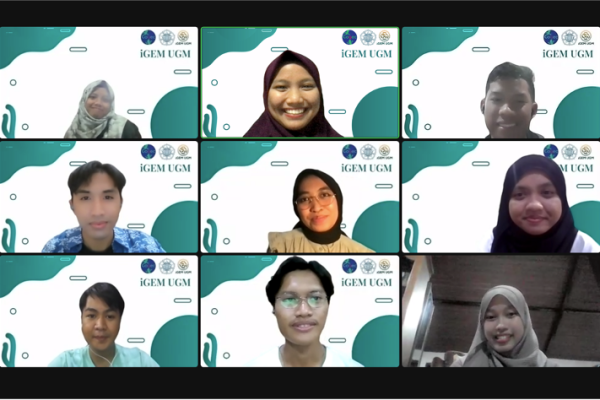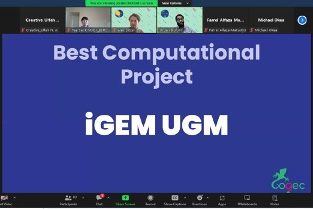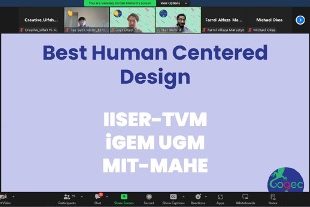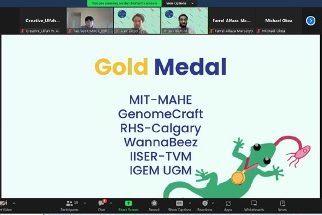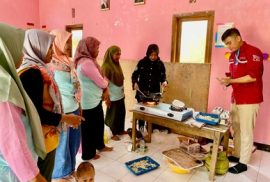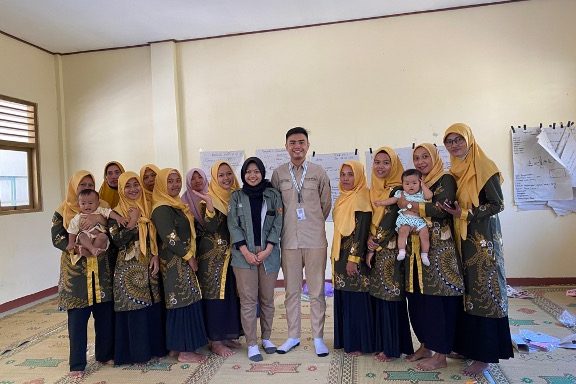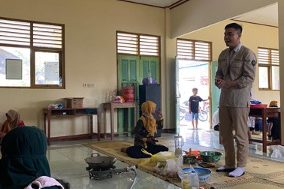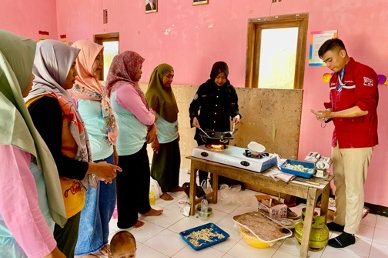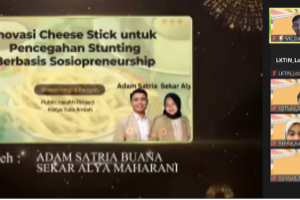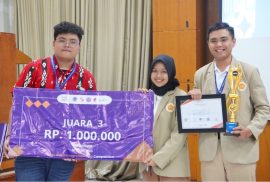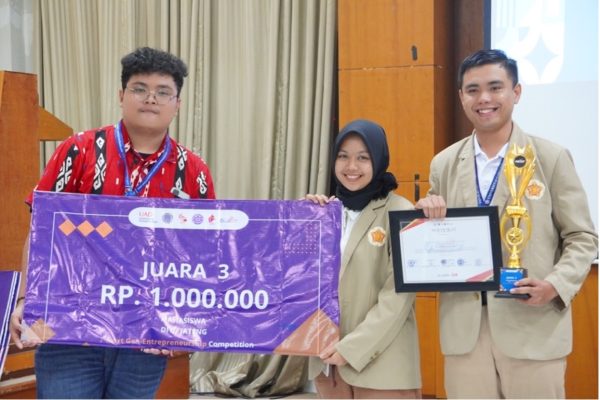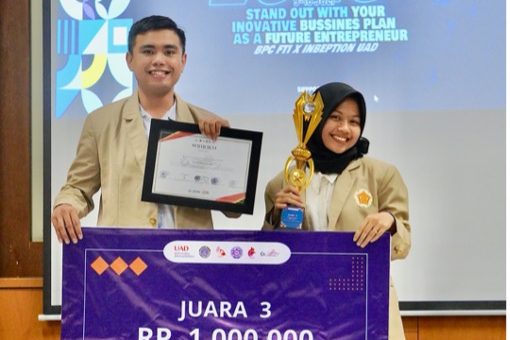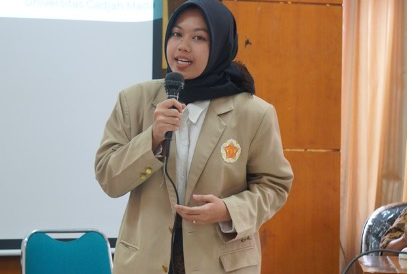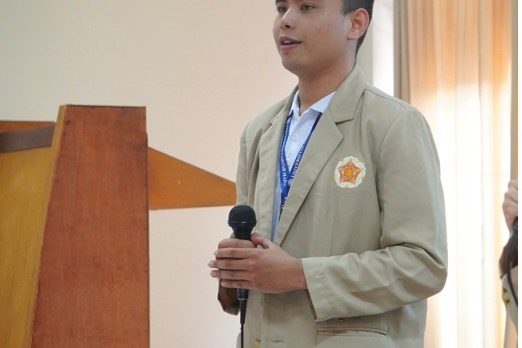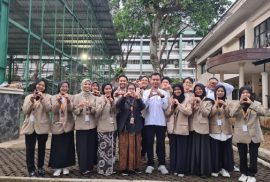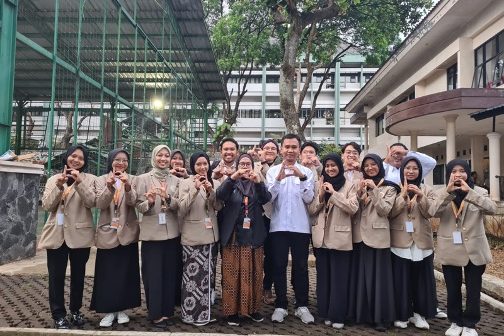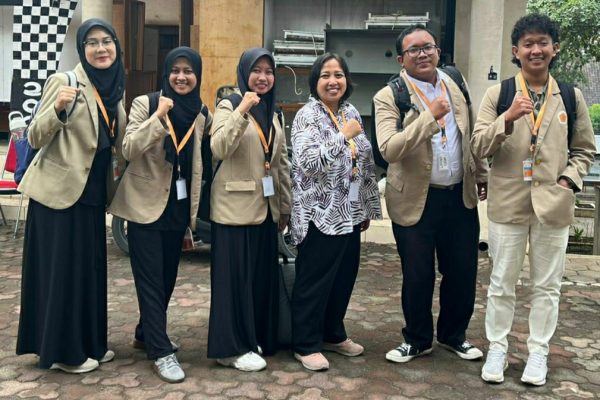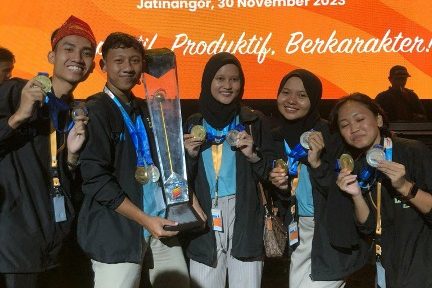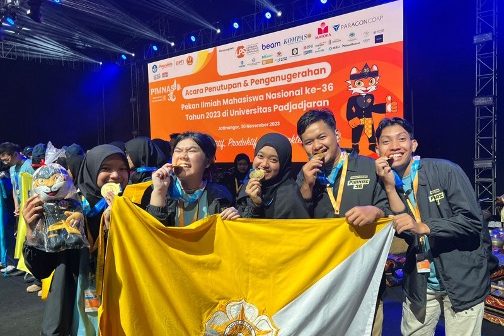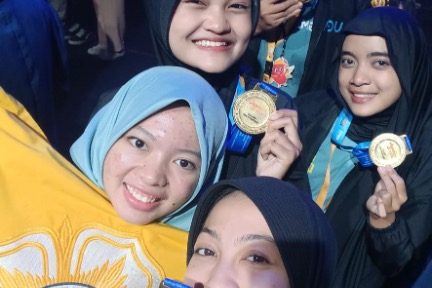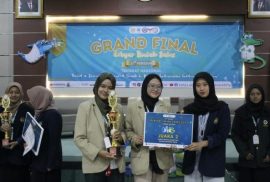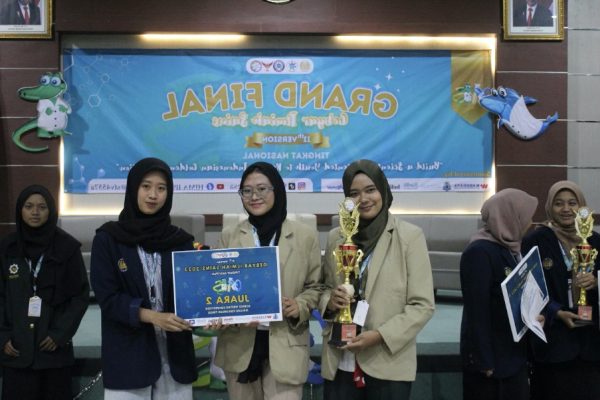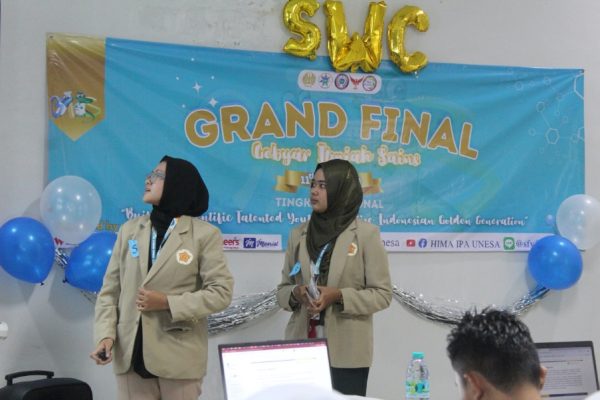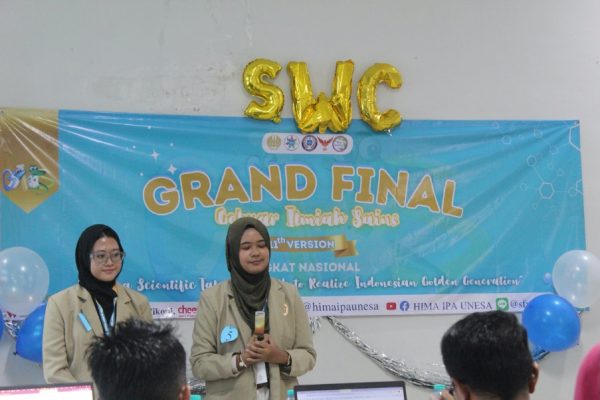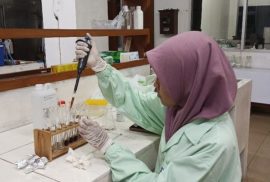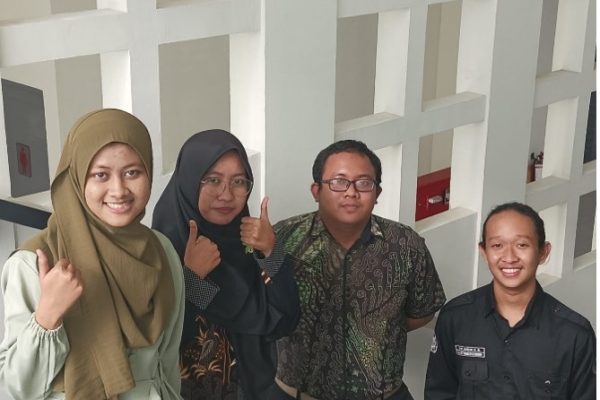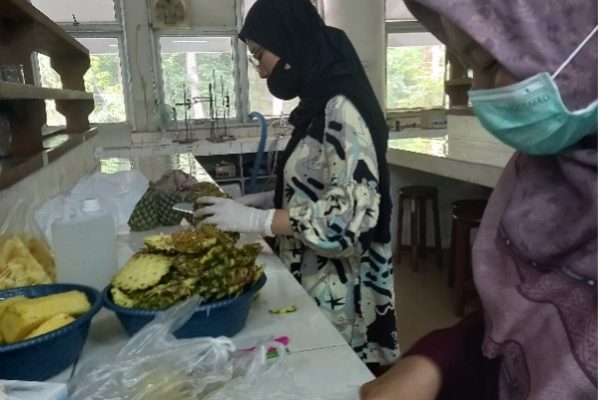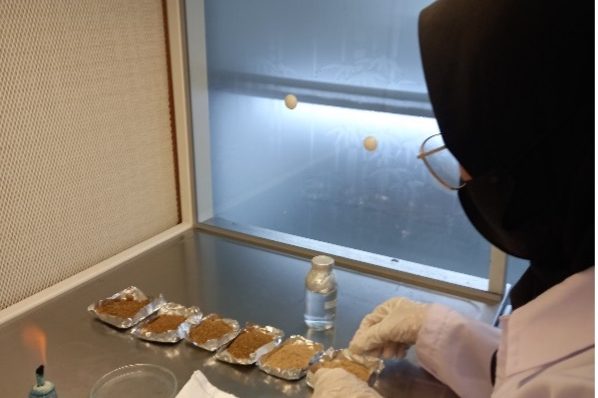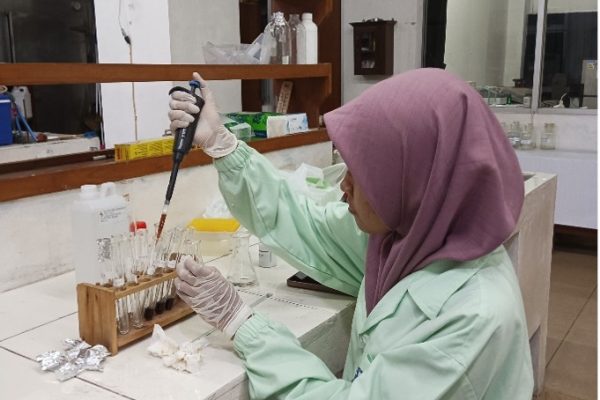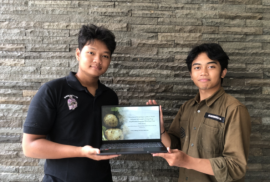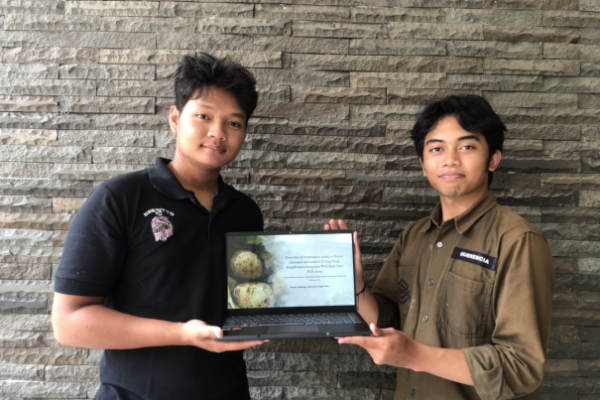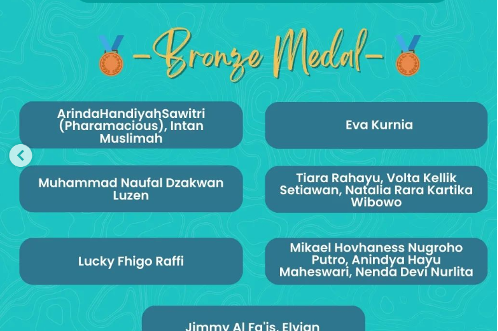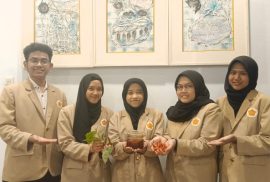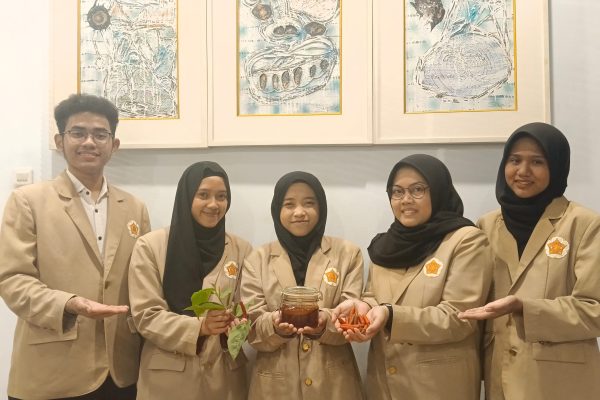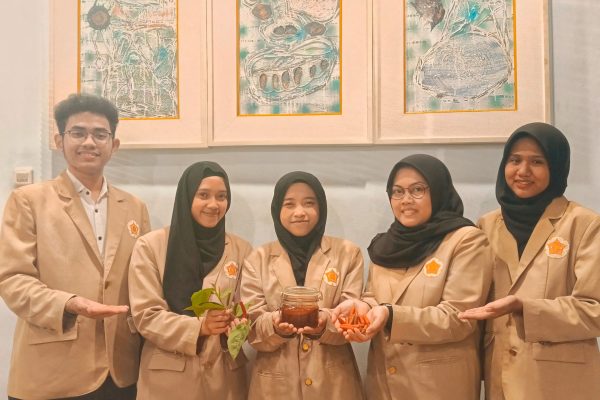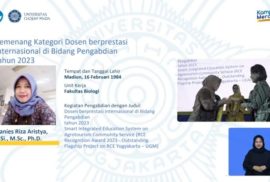Achivements
<br
From November 26 to December 1, 2023, Universitas Padjajaran in Bandung took center stage as the host of the 36th National Student Scientific Week (PIMNAS). PIMNAS, a prestigious competition involving universities across Indonesia, stands as a flagship event to assess and celebrate academic excellence, creativity, and research capabilities of students.
The PIMNAS contingent from the Faculty of Biology at Universitas Gadjah Mada (UGM) sent 15 students accompanied by Prof. Dr. Rarastoeti Pratiwi, M.Sc., Woro Anindito Sri Tunjung, M.Sc., Ph.D., and Dr. Dwi Sendi Priyono, S.Si., M.Si. In a spirit of unity and tireless effort, the UGM contingent clinched the overall champion title with a total of 29 medals, spanning both presentation and poster categories. This success reflects the high dedication, research skills, and thorough preparation undertaken by all members of the contingent.
The Faculty of Biology contingent notably brought home 1 bronze medal, 1 silver medal, and 3 gold medals. Akmal Bunyamin and his team secured a bronze medal in the presentation category, while Mia Fadilah and her team earned a silver medal in the same category. This triumph extends beyond presentations and is evident in the poster category as well. Two teams from the Faculty of Biology, led by Mia Fadilah and Fauzela Azira Ainaya respectively, clinched gold medals. Furthermore, Zahira Shofa and her team achieved a commendable feat by securing a gold medal in the presentation category.
This outstanding achievement not only reflects the academic excellence of UGM’s Biology students but also crafts an inspiring story on the national stage. Beyond bringing honor to the Faculty of Biology at UGM, this success is hoped to inspire the entire academic community to continue growing, innovating, and contributing positively to society. In the context of PIMNAS, this triumph is not just about winning a competition. PIMNAS also serves as an exceptional learning platform that allows Biology students to hone their communication, research, and teamwork skills. Through this competition, Biology students can experience the atmosphere of healthy competition and learn from their peers at various universities.
Heartfelt appreciation is extended to all members of the contingent, students, and accompanying faculty who have shown dedication, fighting spirit, and extraordinary capabilities in facing and competing at the national level. May this achievement mark the beginning of a brilliant academic journey in the future. [Author: PKM Corner]
